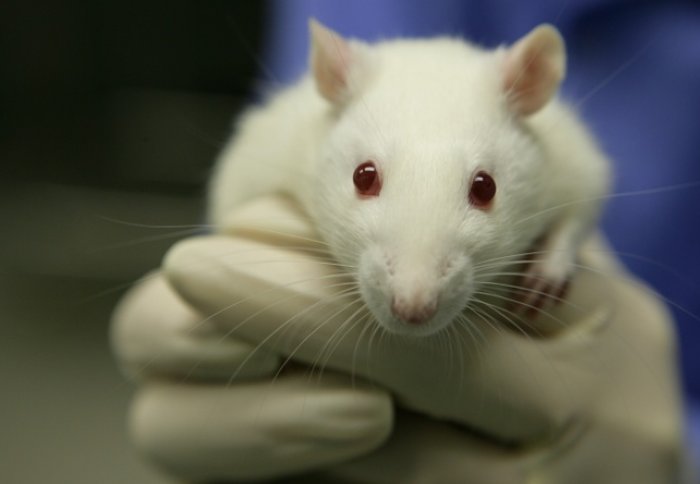Imperial signs up to UK Concordat on Openness on Animal Research

Imperial is one of 72 organisations to sign the Concordat on Openness on Animal Research in the UK, which has been published today.
The Concordat was developed following an opinion poll in 2012, which showed that the public wants to know more about what goes on in animal research. It is underpinned by an agreement that communication about animal research should provide accurate descriptions of the benefits, harms and limitations of research, be realistic about the potential outputs of such research and be open about its impact on animal welfare and the ethical considerations involved.
The 72 signatories, which include universities, charities, commercial companies, research councils and other funding organisations, umbrella bodies and learned societies, have undertaken to fulfil the Concordat’s four commitments:
1. We will be clear about when, how and why we use animals in research
2. We will enhance our communications with the media and the public about our research using animals
3. We will be proactive in providing opportunities for the public to find out about research using animals
4. We will report on progress annually and share our experiences
Professor Maggie Dallman, Dean of the Faculty of Natural Sciences, Professor of Immunology, and newly appointed Chair of the Animal Welfare and Ethical Review Body (AWERB) at Imperial College London, said: “This Concordat comes at a good time for Imperial as we continue to review the way we manage animal research at the College in clear, accountable and transparent ways.
My hope is that the Concordat will help organisations working in this area give their staff the confidence and support that they need, so that talking about this important work becomes the norm rather than the exception.
At Imperial, we already talk regularly with journalists about the work we do. When our research has involved animals, we say so. Where practical, we invite school students, patients and other visitors in to view our facilities, to discuss why this work is necessary, and to explore the issues linked to it. We also foster broader discussions around the principles of replacement, reduction and refinement – the legislative framework for conducting scientific experiments using animals responsibly and humanely, also known as the 3Rs.”
- Under each of the Concordat commitments is a series of actions, many of which relate to activities already going on at the College. These include:
• identifying spokespeople who will answer questions about an organisation’s use of animals;
• supporting researchers who would like to talk about their work using animals;
• including information on the role that animal research has played in announcements of scientific advances, and
• providing more images and videos of the reality of animal research.
Article text (excluding photos or graphics) © Imperial College London.
Photos and graphics subject to third party copyright used with permission or © Imperial College London.
Reporter
Natasha Martineau
Enterprise